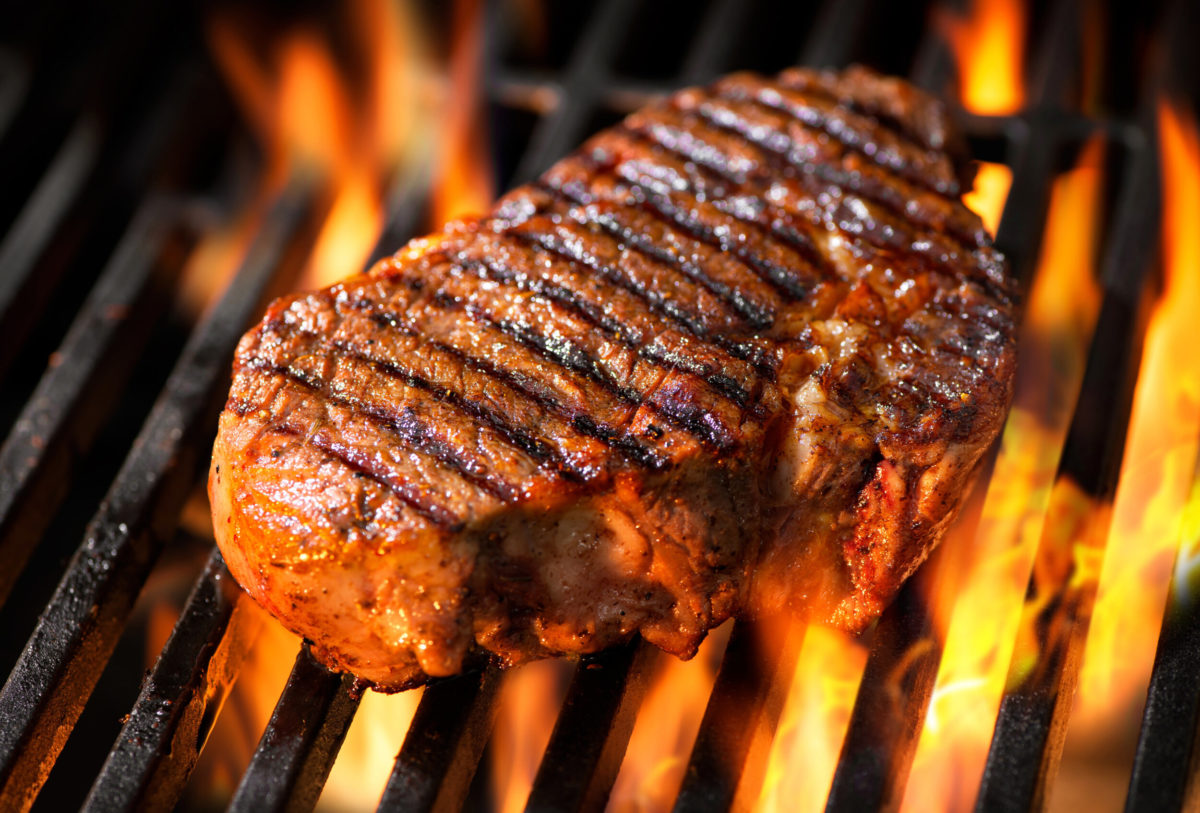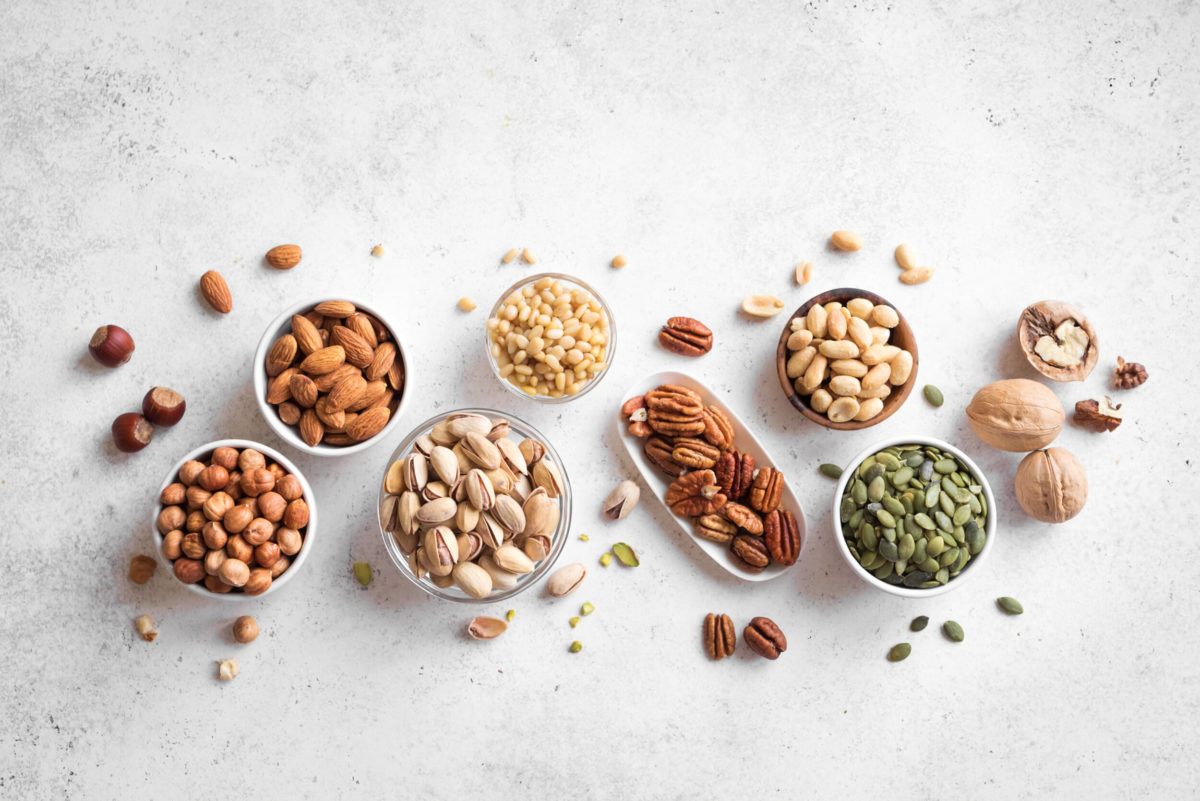Last week you learnt that protein could be the missing key to your performance and recovery gains, and why it is so important to digest liquid protein in your body within forty-five minutes of vigorous exercise.
The truth is that protein doesn’t make you look like a brick house, illegal steroids do. Protein is there to provide essential ammino acids to your muscles to help repair damaged muscle fibres brought on from training, and through this process build stronger, more efficient, and resilient muscles to be able to push harder.
Now that you know the importance of protein, the next part of the puzzle is to find out what types of proteins you should consume. You have two options; go natural, which is your first priority and then when you have a good routine going, then look to supplementation. Not all supplements are created equal and hence lots of homework needs to be done before purchasing an item off the shelf. Your health and career could be on the line.
You get two sources. Proteins from animals and proteins from plants.
Over the years it has been ingrained in our minds that meat products are the best source of proteins; the reality is they are not. A juicy mouth-watering 100g steak doesn’t contain 100g of protein but rather 25g of protein and takes up to two days in your stomach to digest. This is also the reason why you don’t eat a heavy meal 2-3 hours prior to competition.

Juicy steaks are not actually packed full of protein. Picture: iStock
There has been a big shift in the market to move to high quality plant-based proteins, and athletes who have switched from meat to plant-based proteins have seen massive gains in performance.
I am not saying you need to do a full switch; after all who doesn’t love Nando’s? What I am advocating is to try and focus on at least 70% plant-based proteins in your diet, and making protein smoothies.
When it comes to off the shelf purchases, look for credible brands that have a sign that says “contains no banned substances”. By having this, you can at least sue someone if there are traces of banned substances present.
A golden rule I tell my athletes, just because your local pharmacy has a house brand does not mean it is safe.
Whey powders are very popular because they are faster releasing into the body while your plant-based proteins contain more fibre and take longer to digest into your blood stream. When looking for an added supplement protein to add to your diet, you can’t go wrong with additional plant-based nutrients for your body. It is gentler on your digestive tract and healthier for you.
Below is a list of the top proteins:
12 of the best variety sources of plant protein per 100g
1. Pumpkin Seeds – 32g
2. Peanut butter – 25g
3. Almonds – 22g
4. Flaxseed 19.5g
5. Oats – 16.89g
6. Cashews 15.3g
7. Soyabeans – 13g
8. Quinoa – 9g
9. Lentils – 9g
10. Chickpeas – 7.3g
11. Cranberries 5.5g
12. Kale and spinach – 5g

Various nuts and seeds are a good source of plant-based protein. Picture: iStock
12 of the best variety sources of animal proteins per 100g
1. Lean beef – 36g
2. Tuna – 30g
3. Bacon – 29.6g
4. Chicken – 29g
5. Oyster – 29g
6. Salmon – 25g
7. Liver – 25g
8. Cheddar cheese 24.5g
9. Turkey – 23g
10. Tofu 17g
11. Eggs – 15.8g
8 types of protein supplements
1. Whey protein
2. Casein protein
3. Egg protein
4. Soy protein
5. Pea protein
6. Hemp protein
7. Brown rice protein
8. Mixed plant protein
For more news your way, download The Citizen’s app for iOS and Android.

